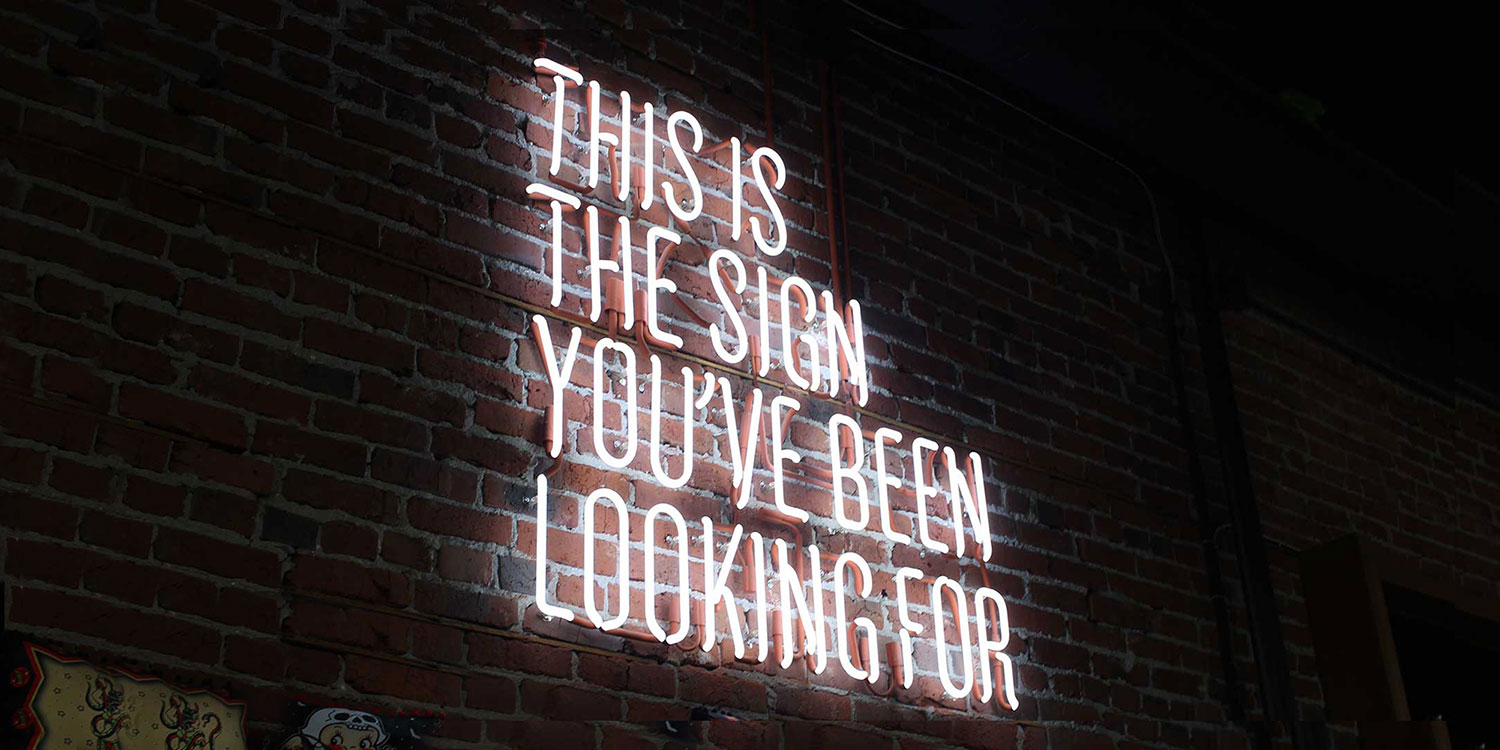Smoking in recovery is a paradox: I’d chosen to stop harming myself with drugs and alcohol and find recovery, yet I was slowly killing myself by smoking.
When I got sober, I was one of those people who smoked 30 rolled cigarettes a day. Yep, that many. I was that person who left AA meetings half way through to go outside and smoke; I’d smoke as soon as I woke up—I’d even wake up in the middle of the night and light up. And as soon as I was smoking one, I’d be thinking about the next one.
This is just like using, I’d say to myself repeatedly.
At this time in my early recovery, I was living of $40 a week. Yet, the first thing I’d plan for in my minuscule budget was cigarettes—not food, but cigarettes. Those little cancer sticks had me well and truly hooked.
Quit smoking with online lessons & online coach support.
I spent much of the first year of recovery justifying smoking as the lesser of the two evils: “At least I’m not killing myself with wine and drugs anymore,” I’d flippantly remark at anyone who took it upon themselves to observe how much I smoked. That said, the reality is that I was always at the doctor’s office with repeated chest infections. I lost count of the courses of steroids I’d been on for my acute asthma.
I finally gained enough awareness and considered if smoking like this was truly [my kind of] recovery. I felt like I was straddling a paradox: I’d chosen to stop harming myself with drugs and alcohol and find recovery, yet I was slowly killing myself by smoking. Perplexed, but with sufficient awareness, I decided that it just didn’t sit right with me.
“I felt like I was straddling a paradox: I’d chosen to stop harming myself with drugs and alcohol and find recovery, yet I was slowly killing myself by smoking.”
Recovery has always been that way with me: I can’t choose to live authentically in one area of my life, but be inauthentic in another. That didn’t stop me trying, though: I’ve tried to suppress addictive behaviors for years—from binge eating to unhelpful sexual relationships—just to avoid my reality (even in recovery!). Recovery repeatedly reminds me that avoiding my experience, in any way, is all substance use disorder (in my mind).
I knew that I had to stop smoking.
“Recovery repeatedly reminds me that avoiding my experience, in any way, is all substance use disorder (in my mind).”
Stopping smoking was just as difficult as stopping using. I’d smoked since I was ten years old; I stopped at 34. I had the most intense physical withdrawal; it took me right back to the point I got sober—when I experienced acute alcohol withdrawal on my bathroom floor for two nights. I never want to experience either of those events again, that’s for sure.
But I failed at my first attempt at stopping smoking—I had to try several times. At first, my then sponsor suggested I use The Steps. It didn’t work. I lasted two days because the physical withdrawal was too painful. The first few years of recovery are painful enough without our trusted friend, alcohol, never mind adding a further dose of pain into the mix!
Instead of trying to white-knuckle stopping smoking without help, I chose to use nicotine replacement therapy (patches). I didn’t want to pick up a vaping pen, because I’d be repeating the same behavior and still be addicted to nicotine. I stopped when there was a national stop smoking month in the UK, Stoptober. I used all of the free resources available to me on the web. With patches, regular meetings, sharing, and taking up running, I successfully stopped smoking.
I think what was particularly helpful was using the money I’d spend on cigarettes on joining a gym instead. So I couldn’t afford to go back to smoking. I also set myself a couch-to-5k challenge. I’m not sure if it was the extra oxygen in my blood or the challenge itself, but I felt amazing replacing smoking with running. I’d say patches and running were the two most helpful tools for my successfully stopping smoking.
It’s now been over three and a half years since I smoked and I have zero desire to go back. I’ve done that before and I know that I’ll end up smoking 40/50 a day. No thanks.








